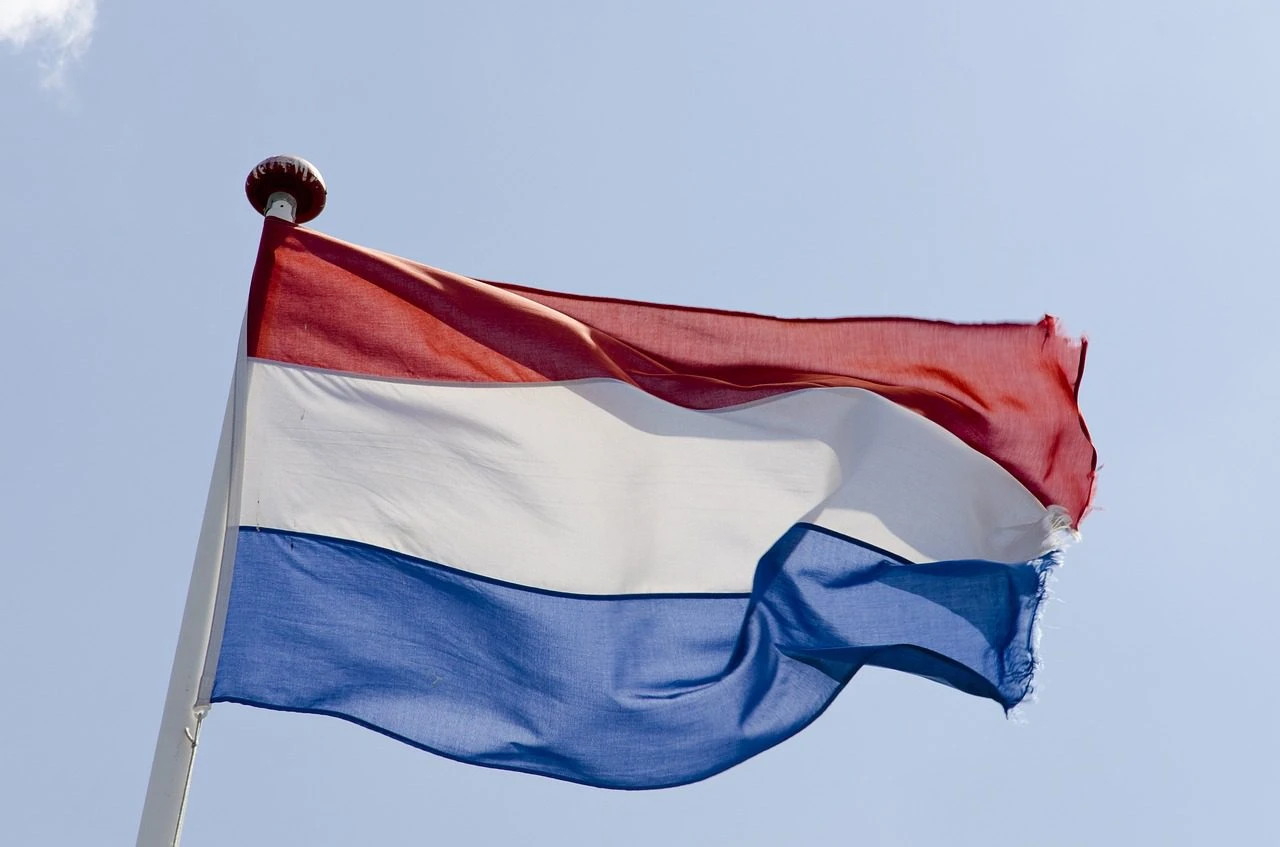Dutch self-exclusion system exceeds 20,000 registrations

The system went live in October of last year to coincide with the opening of the country’s regulated online gambling market.
The country’s new gambling act requires licensed online and retail operators to check Cruks before allowing a player to gamble. As of the end of July, Cruks had been consulted more than 148 million times.
Consumers have the option to voluntarily exclude themselves from online gambling, as well as retail slot machine arcades and Holland Casino’s land-based casinos for a minimum of six months.
Players can also be admitted to the list involuntary through a request from a partner, family member or gambling provider. The KSA must first approve the application before a player is added to Cruks via this method.
Last month, the KSA issued a reminder to operators that gambling can only be offered to players with an active PKI certificate, which are only valid for a limited time. Without a PKI certificate, it is not possible to check whether players are registered with Cruks.
This came after the KSA in June also announced that it had launched an investigation into potential violations of Cruks by land-based operators.
In recent months, the KSA said it had received a number of reports from players who had self-excluded through Cruks but were still able to access slot halls. Some players reported being able to access the venues without any restrictions, while others said their registration with Cruks was ignored.
The KSA said that if it identifies any violations of licence rules, it could impose sanctions.
